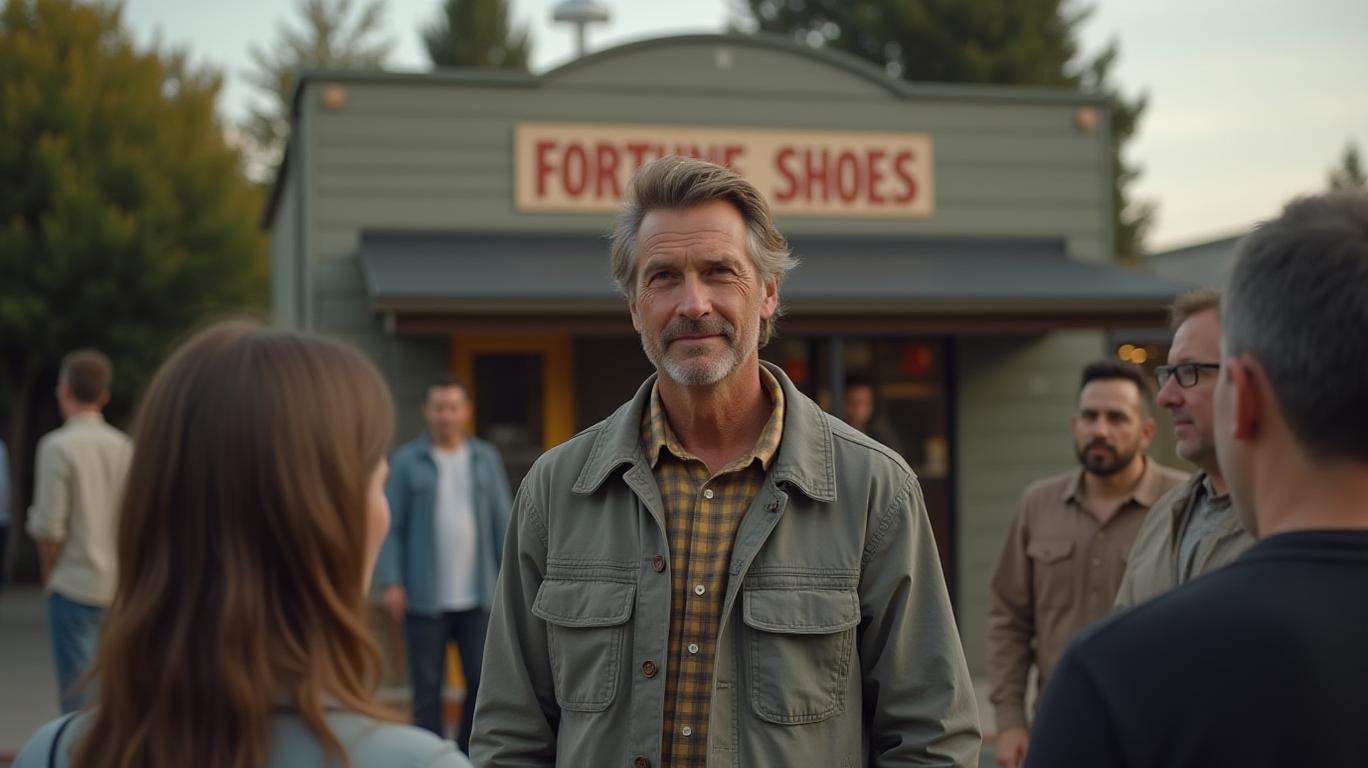Ripple's Unlikely Origins: From Grateful Dead to Bitcoin's Rival
Ripple Executive Chairman Chris Larsen recently shared insights into the origins of Ripple and its early development in a video attached to a tweet by crypto enthusiast Rowen Exchange. Larsen's remarks highlight the foundational ideas that led to Ripple's creation and its unexpected connection to the Grateful Dead's 1970 song "Ripple" from the album American Beauty.
The roots of Ripple trace back to 2004, when a Canadian engineer, Ryan Fugger, created the Ripple Project. Fugger's vision was to establish a decentralized system where individuals could exchange personal credits or IOUs. This concept recognizes that credit and currencies are closely linked, as everyone effectively has their form of currency through trust-based lending. Despite being an innovative idea, Fugger's project did not achieve significant scale, likely due to the timing and technological limitations of the period.
By 2011, Bitcoin had emerged as a breakthrough in digital finance, but it faced challenges related to energy consumption due to its proof-of-work consensus mechanism. Recognizing these limitations, three developers began working on a more efficient consensus algorithm. Their goal was to develop a system that retained the benefits of Bitcoin while eliminating the need for excessive energy use.
The new project incorporated elements from the original Ripple Project, particularly its pathfinding algorithm. This algorithm enabled the efficient value exchange between different assets, forming the foundation for a broader "Internet of Value." Importantly, this system was paired with a digital asset with no counterparty risk.
As the technology stabilized, it became clear that it had the potential to make a significant impact on global finance. This marked the beginning of XRP. The company that would become Ripple was formed to support the ecosystem, receiving a large allocation of XRP to promote its development. Ripple also acquired the Ripple Project from Fugger, integrating its ideas into the new system.
One of the more surprising details Larsen revealed was how Ripple got its name. The company acquired the Ripple.com domain from a devoted Grateful Dead fan. The name was inspired by the song "Ripple," which carries themes of personal journey and decentralized wisdom—ideas that align with Ripple's mission to revolutionize financial systems. The founders' admiration for the Grateful Dead made the name a natural fit for the company.
Larsen's insights provide a deeper understanding of Rip 
Quickly understand the history and background of various well-known coins
Latest Articles
Stay ahead of the market.
Get curated U.S. market news, insights and key dates delivered to your inbox.

Comments
No comments yet